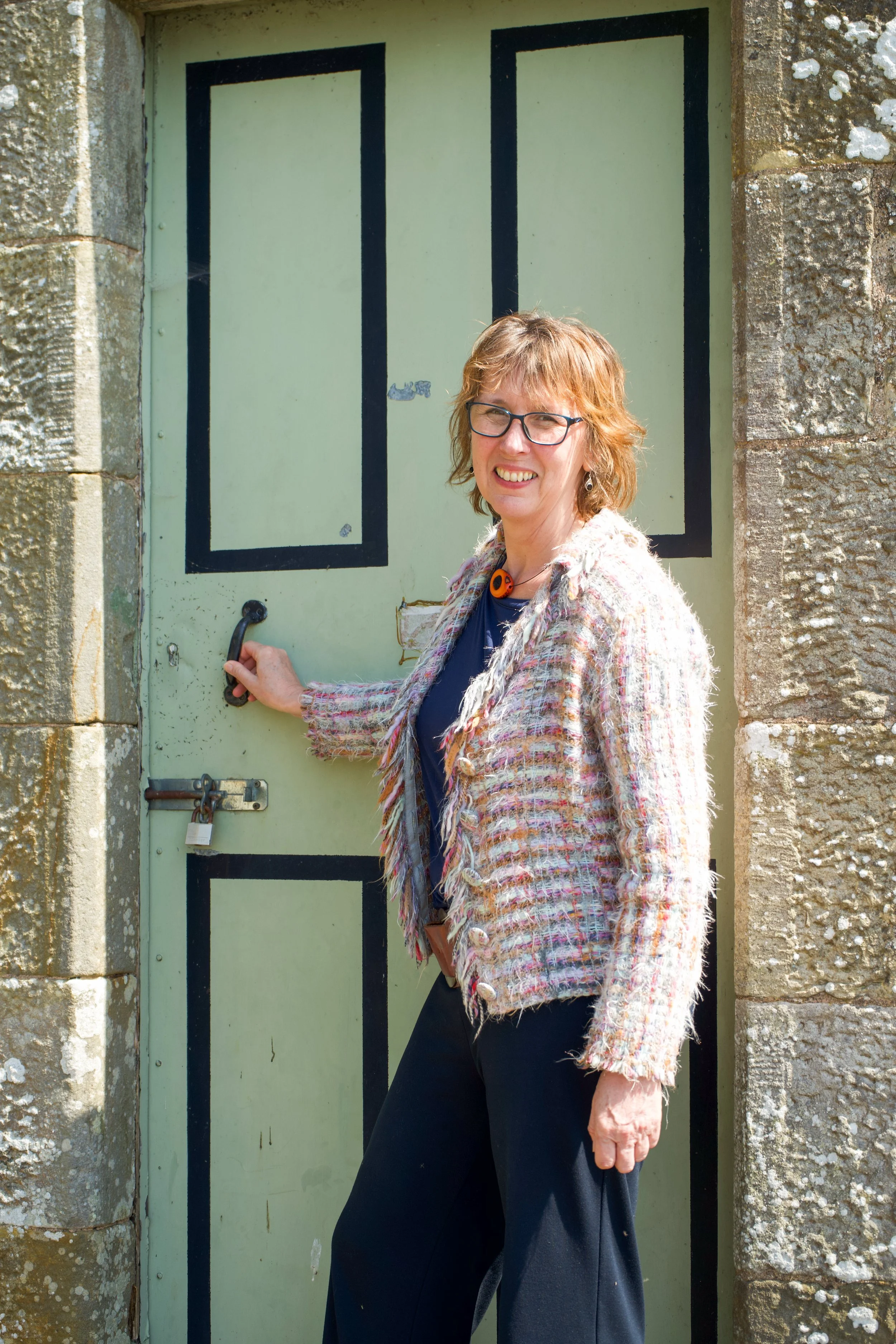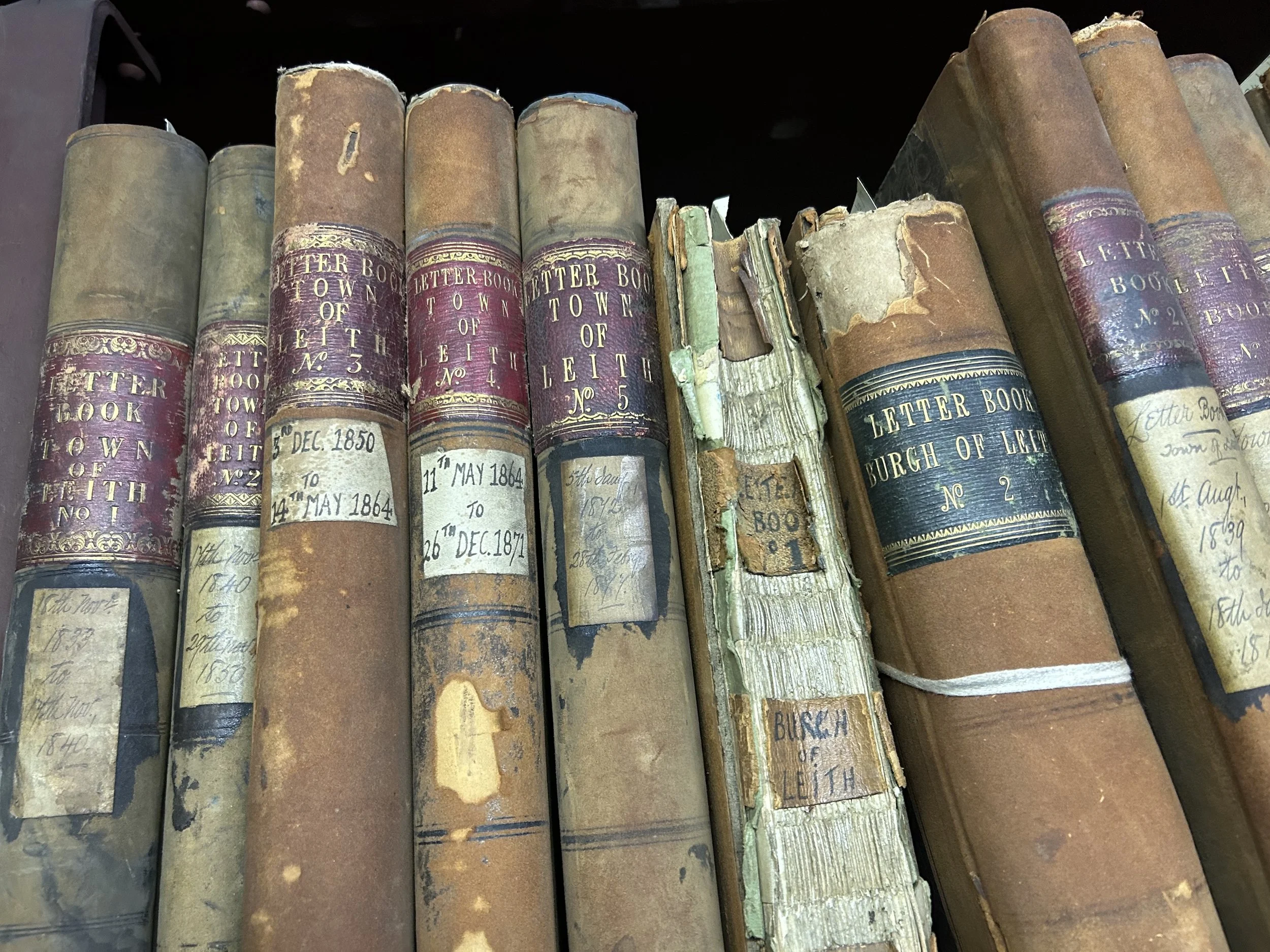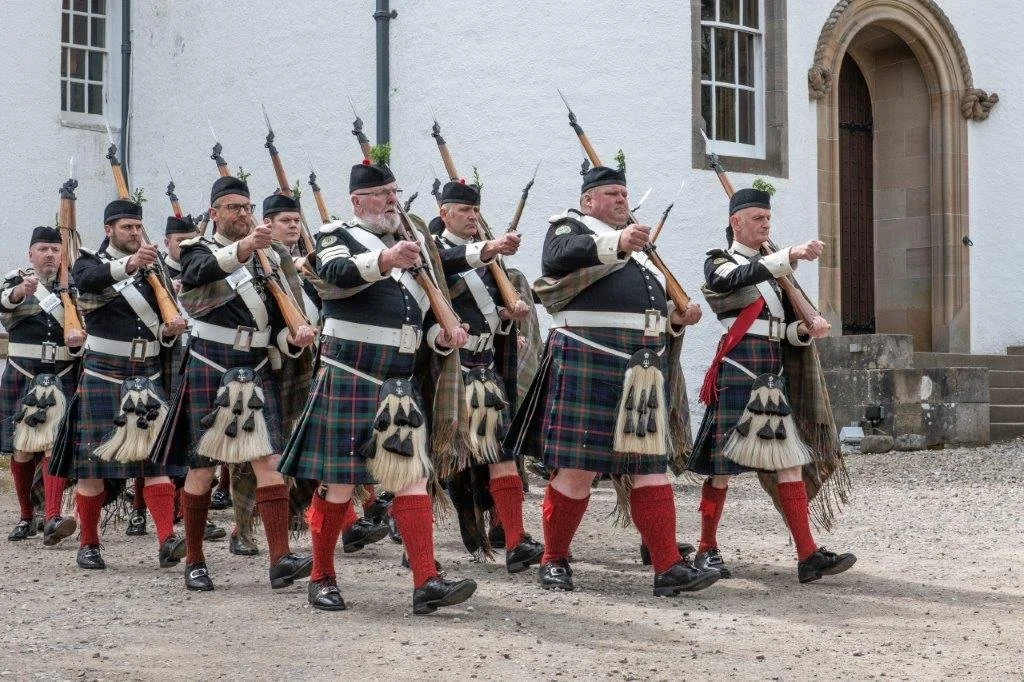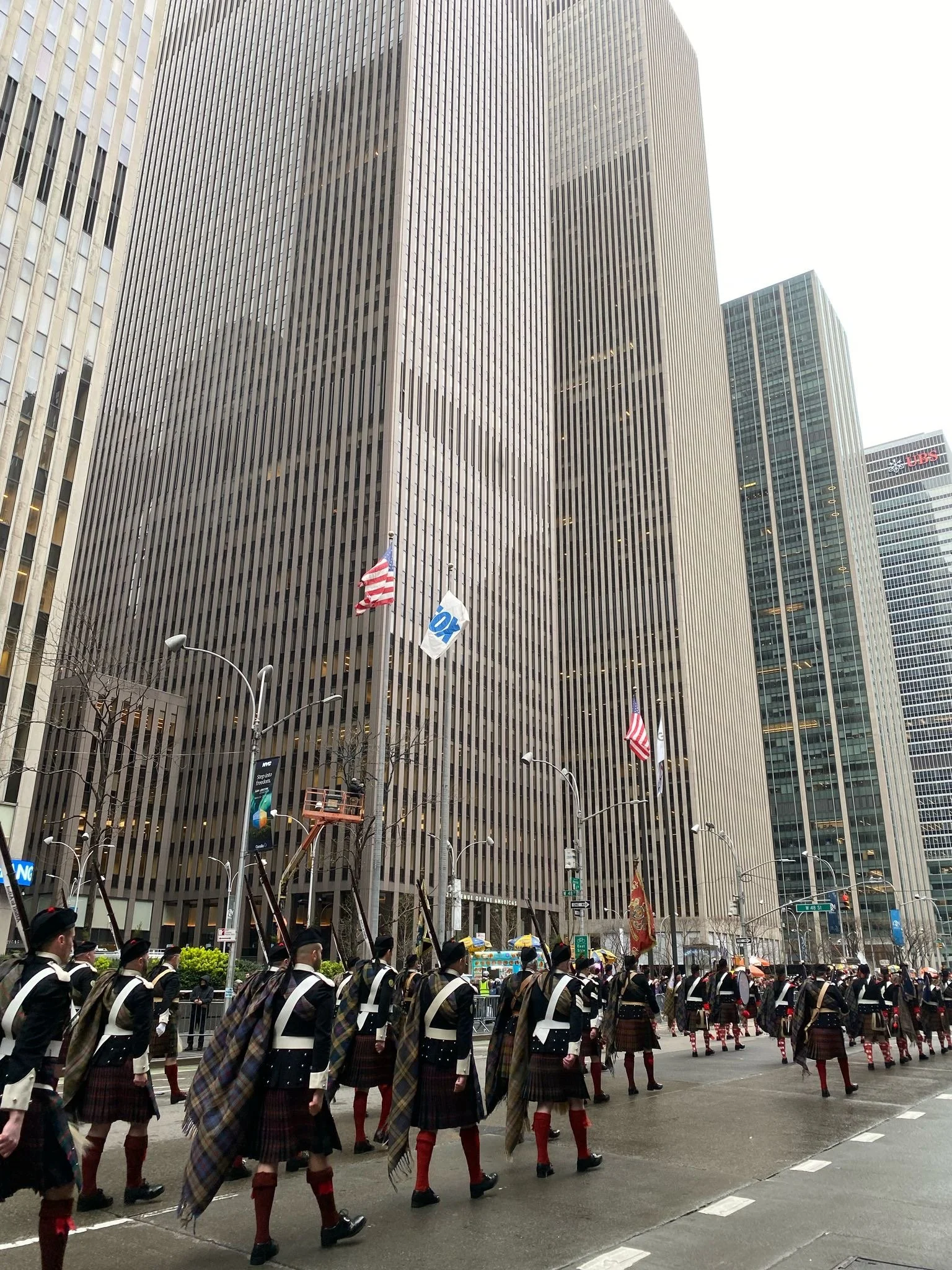AD | Make Your Own Family Archive for International Archives Day
International Archives Day is celebrated every year on the 9th of June. It is an opportunity to recognise the value of archives in preserving history and identity.
Archives are more than just boxes of old documents gathering dust, they hold the stories of our ancestors, our communities, our institutions, and even our everyday lives. In addition, archival documents show how decisions were made, who was involved, and what really happened.
From reading a school logbook, studying church minutes, examining old maps and photographs, or tracing individuals, archives offer real encounters with the past.
As a professional genealogist and member of ASGRA (the Association of Scottish Genealogists and Researchers in Archives), Sarah Smith spends a lot of her time in Scottish archives and knows just how powerful it can be to uncover the stories hidden in old letters, faded photographs, and forgotten documents. She says: “International Archives Day reminds us that archives are for everyone, not just for historians or researchers. Whether you are exploring your family history or investigating the history of your local area, there is something waiting to be discovered in an archive.”
If you would like to create your own family archive at home, Sarah has a few tips to share:
1. Start by scanning the old photos that are most valuable and irreplaceable. A TIFF file is larger but preserves better; a JPG is more for sharing and emailing. Decide which file type you want to save.
2. Add names and dates to your mobile photos. Make sure all photos are clearly labelled and dated, including relationships to you, so that the jigsaw can be re-assembled in the future.
3. Grab every opportunity to record important events, like weddings, birthdays, anniversaries and holiday adventures. Also consider including national and international events like the Olympics from your perspective or from newspapers.
4. Write down a biography of your life to help future descendants learn about you. For example, a job’s CV can be added to your archive for future generations.
5. Include personal items such as photo albums, scrapbooks, letters and diaries—all the things you would be excited to find yourself that would shed light on your personality and character. This makes your history much more interesting than a list of names and dates.
6. Make sure you backup your family history in more than one format—on paper, the cloud and also in digital media. Who knows what we’ll be using in a 100 years!
Sarah concludes: “Your archival records can be important in a number of ways—they’re essential for research, they help tell the story of a place and its people, they play an important role in protecting Scotland’s language, culture, and identity, and they often have deep personal meaning as well.”
Advertorial Feature







